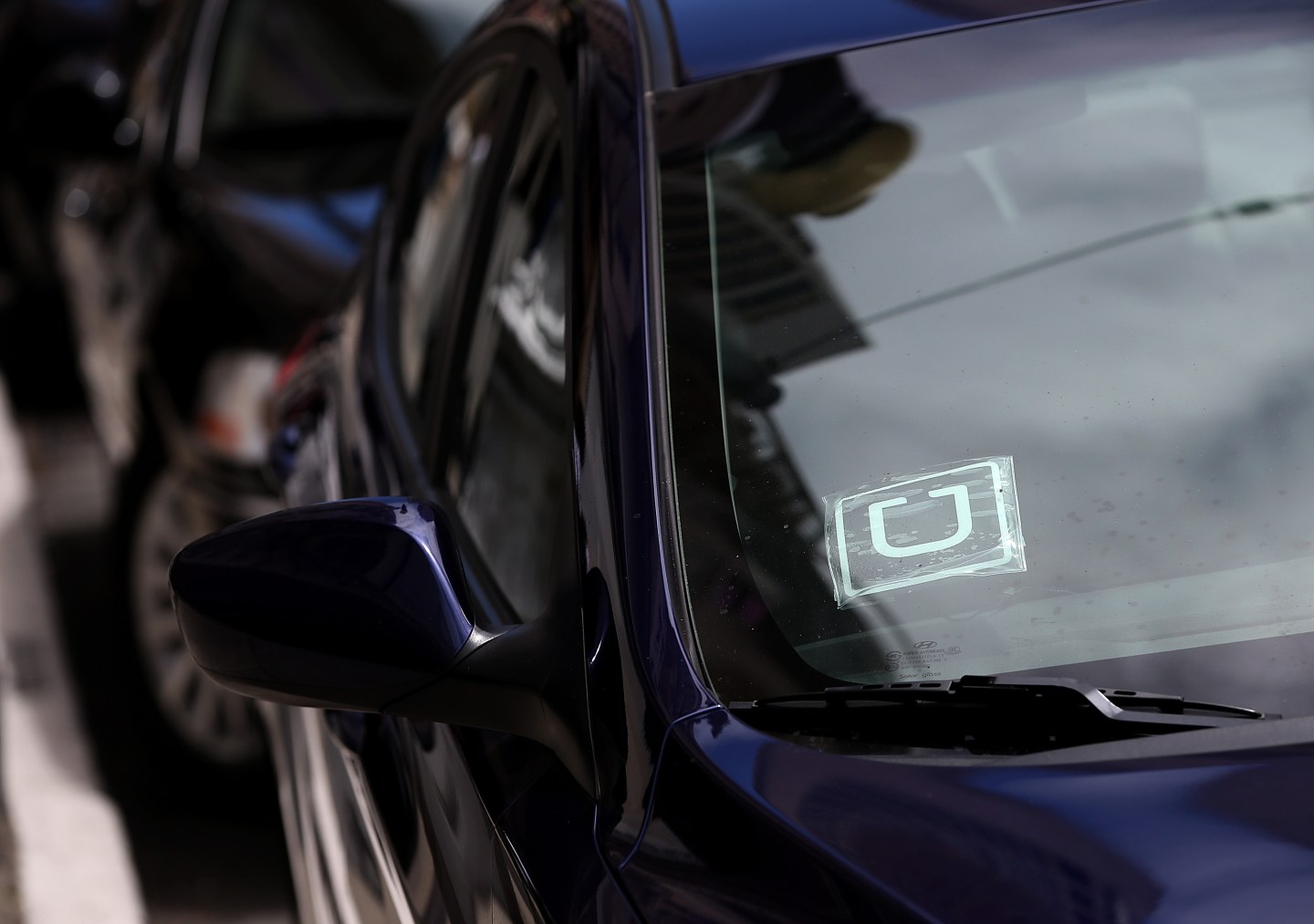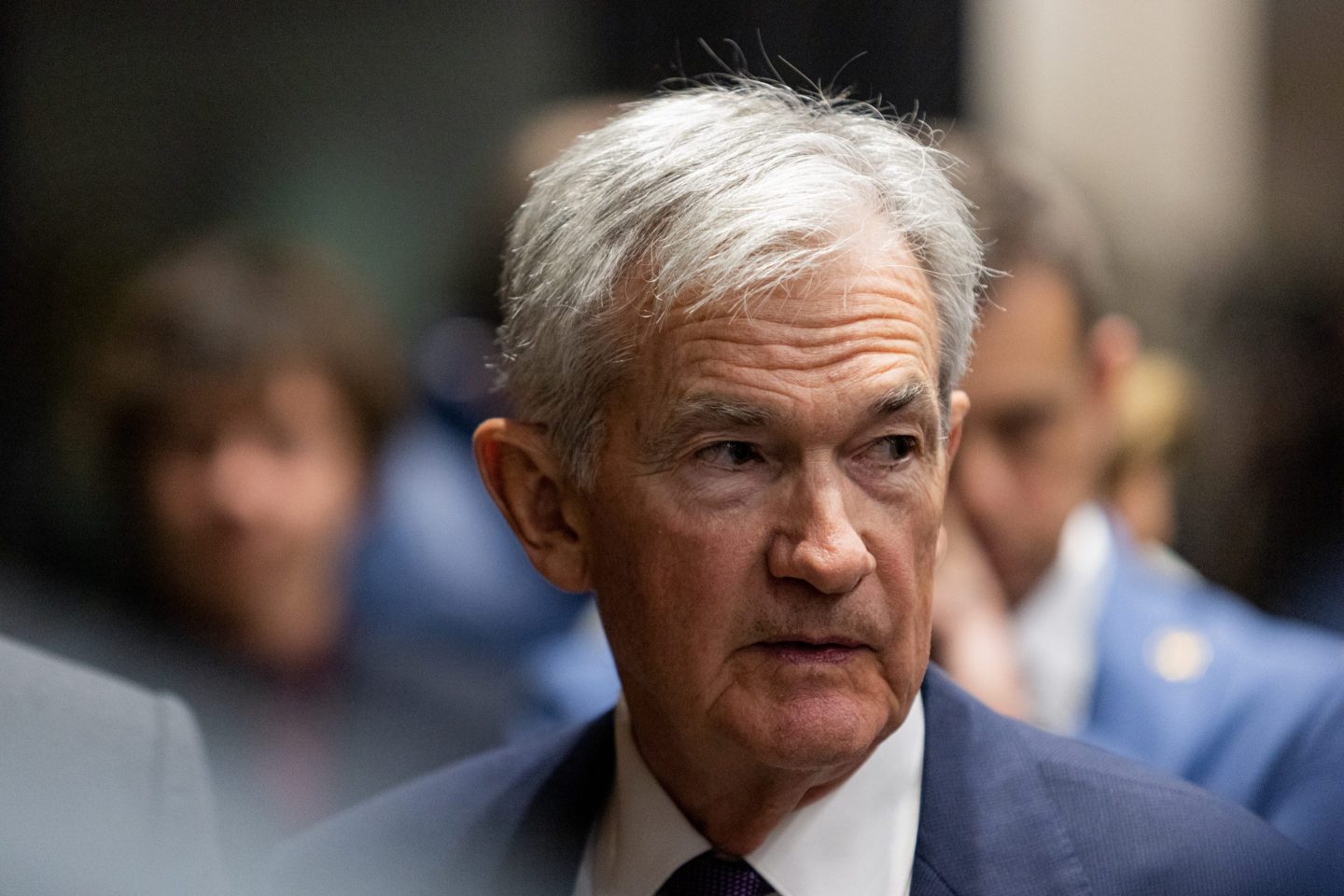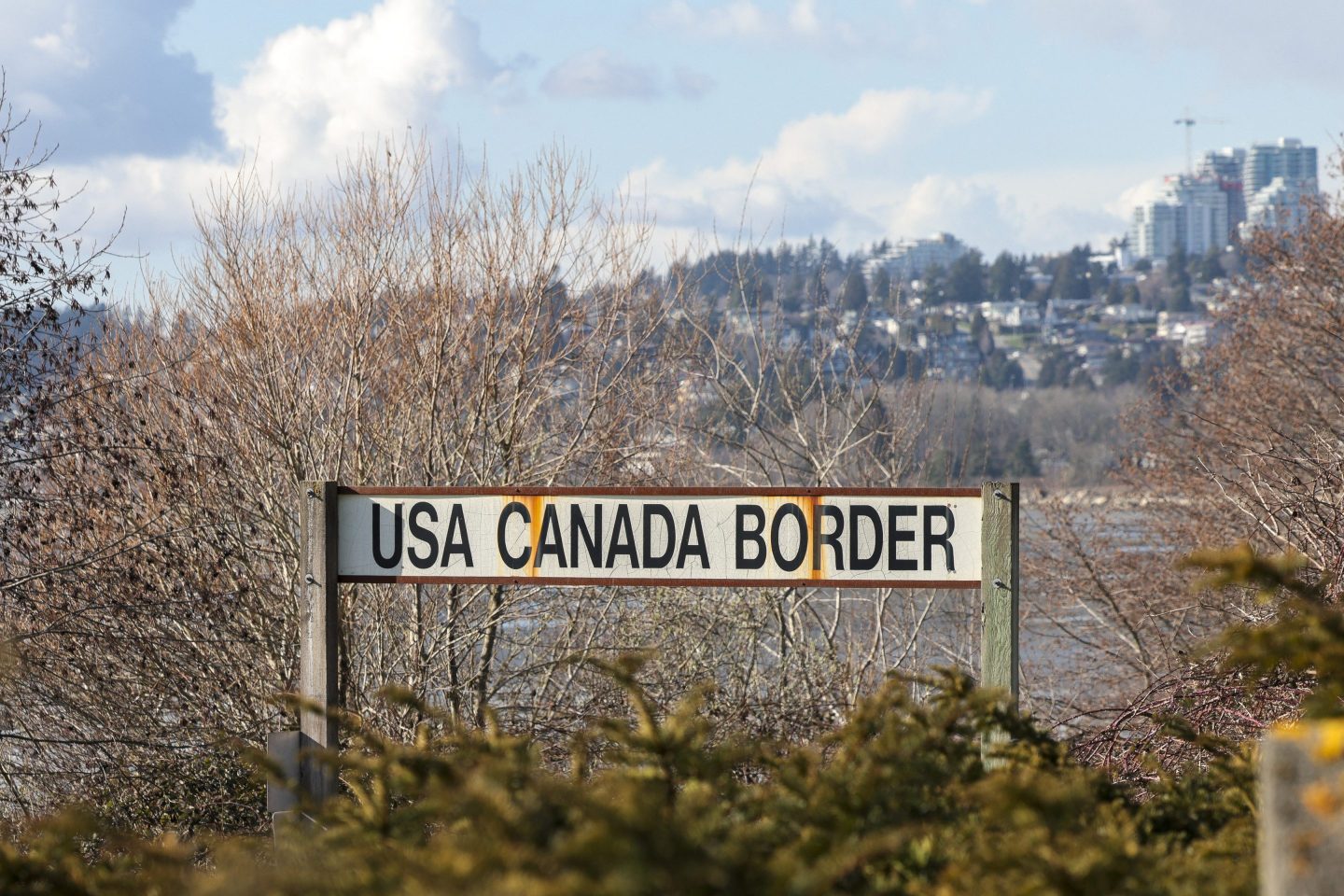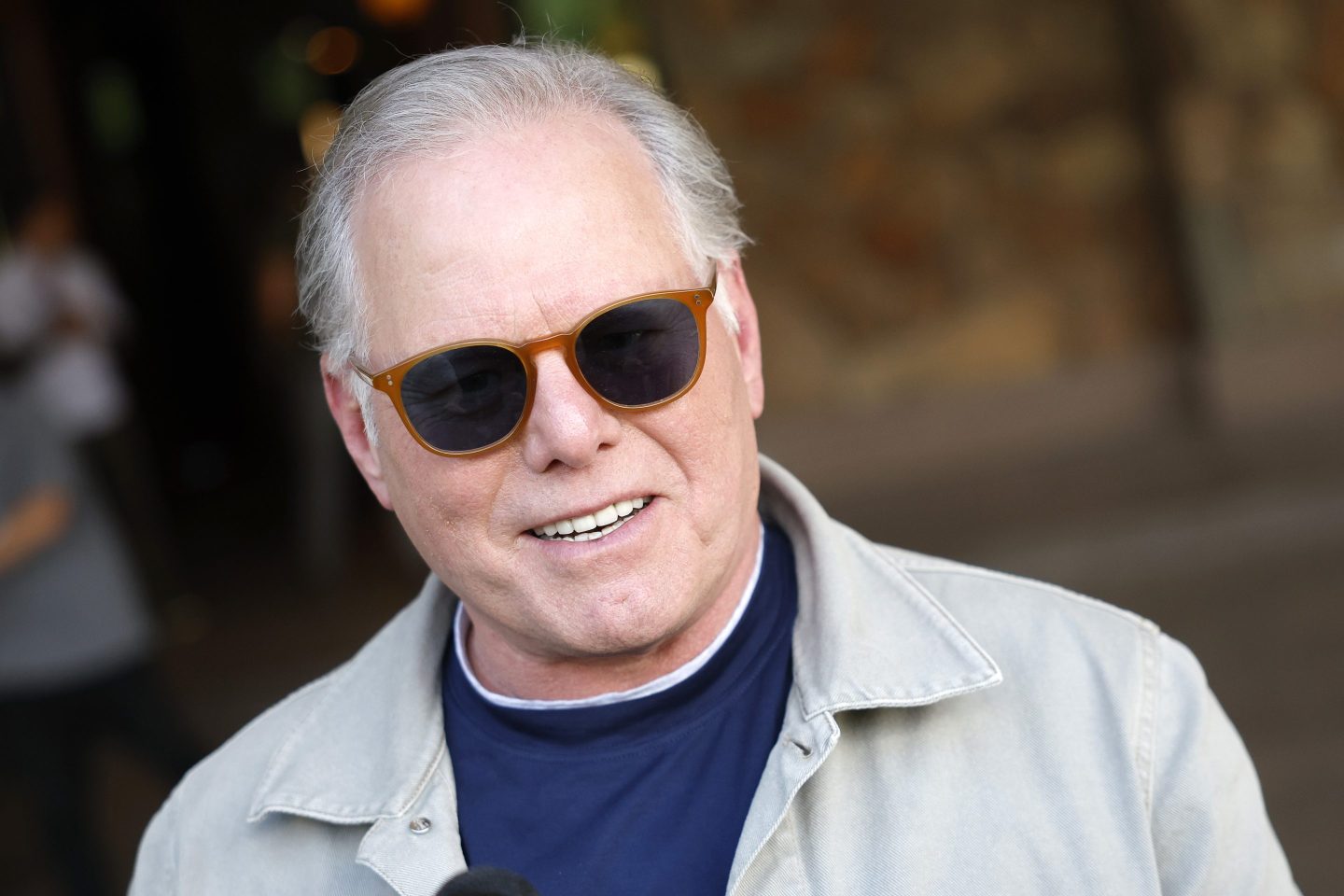A federal judge on Tuesday temporarily blocked a Seattle ordinance that aims to allow drivers for ride-hailing services like Uber and Lyft to form unions, the first such local law in the United States.
The ruling, from U.S. District Judge Robert Lasnik, stops the services from being forced to share information on their Seattle drivers with an extension of the Teamsters’ union in the state, which has applied for designation as the exclusive representative of drivers who wish to unionize.
The U.S. Chamber of Commerce sued to strike down the law. In his ruling, Lasnik wrote the decision to grant a preliminary injunction was not an indication of how he would ultimately decide the case.
“The public will be well-served by maintaining the status quo while the issues are given careful judicial consideration,” Lasnik wrote.
The chamber, along with Uber and Lyft, welcomed the ruling.
“The judge underscored the case’s public importance and its potential impact beyond for-hire transportation to other sectors of the economy that rely on independent contractors,” said Lily Fu Claffee, head of the chamber’s litigation division.
Five ways to save money while traveling.
The Seattle City Council late in 2015 passed the ordinance requiring that drivers of for-hire transportation companies—including app-based services—be allowed to bargain collectively with their employers.
Both Uber and Lyft opposed the measure, arguing that existing federal labor law trumps local legislation and prevents cities from requiring collective bargaining.
Dawn Gearhart, a spokeswoman for an International Brotherhood of Teamsters local that is trying to organize drivers in Seattle, said the court ruling was a setback, but that companies could still negotiate with drivers voluntarily.
“The law does not require (companies) to run an anti-union campaign,” she said.
Gearhart said the union is also lobbying the city to set a minimum fare, which in turn would create a wage floor for drivers.











